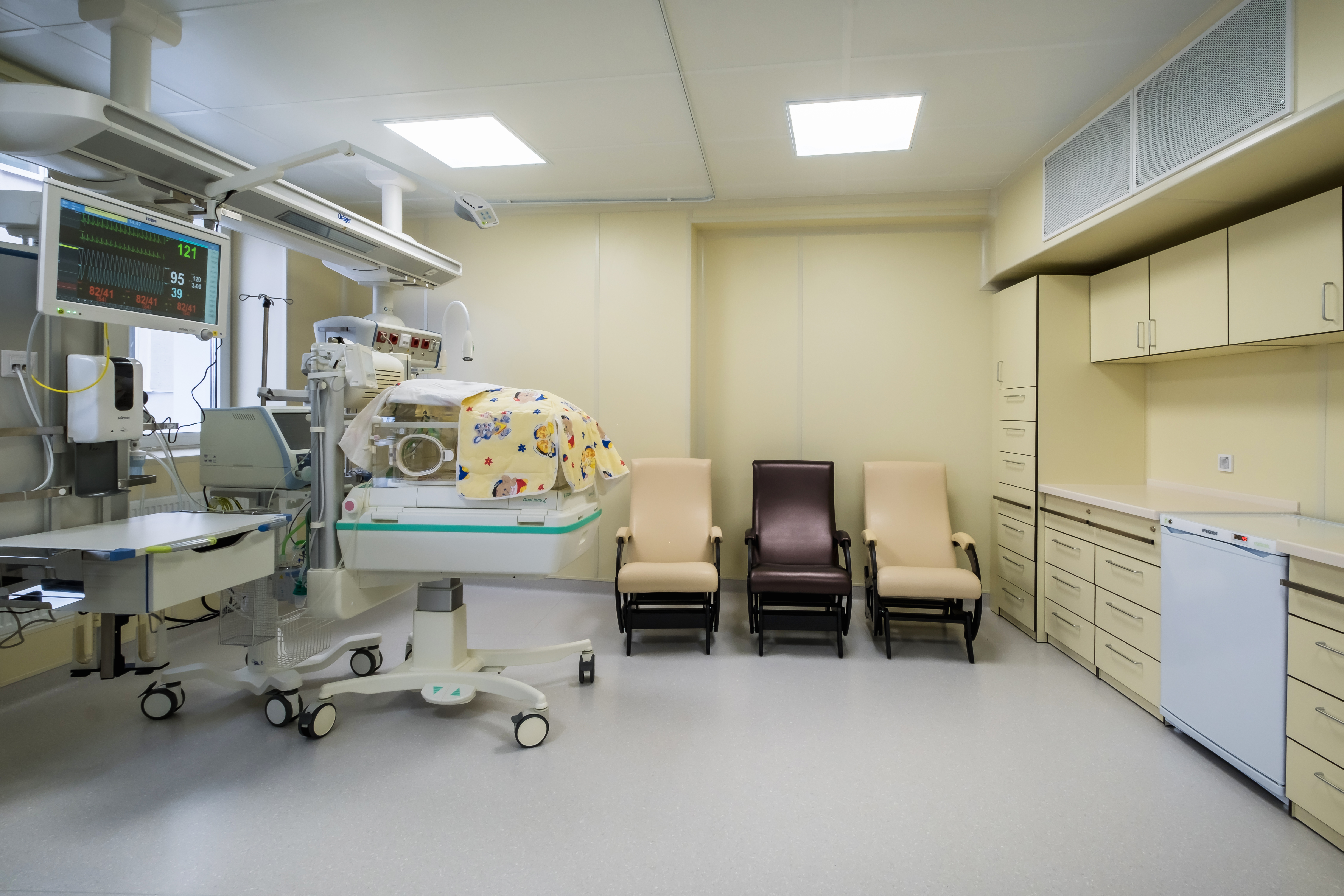ENT
- Home
- /
- ENT




The ENT Department at Sunrise Hospital is committed to delivering comprehensive and specialized care for patients with ear, nose, and throat disorders. Our team of highly skilled ENT specialists leverages state-of-the-art facilities to offer a wide array of services, addressing conditions such as hearing loss, tonsillitis, sinusitis, migraines, and more. We provide a range of advanced surgical options, including rhinoplasty, adenoidectomy (adenoplasty), septoplasty, and all other advanced surgeries in the ENT field. Our approach ensures that each patient receives personalized care tailored to their specific needs, supported by the latest technological advancements. One of our key specialties is the minimally invasive endoscopic sinus surgery, performed using a nasal endoscope—a small metal telescope with a light that allows the surgeon to view inside the nasal passages. This technique enables the precise removal of growths and polyps through the nasal passage, minimizing trauma and pain, ensuring a quick recovery.
Comprehensive Range of Services
Your Hearing and Sinus Solutions
Patient-Centered Care and Multidisciplinary Approach



Alongwith customised surgical and non-surgical treatment plans, we have advanced diagnostic and treatment procedures for sinus surgeries, voice complaints, sleep disorders including snoring and sleep apnoea, with a multi-disciplinary approach involving other departments like Speech Pathology, Neurosurgery, Craniomaxillofacial Surgery, Oncology, Pulmonology, Paediatrics and Neonatology to cater to all ENT disorders in adults, children and neonates.

Dr. Bipin Sethumadhavan (MS, ENT) is an ENT surgeon with 5 years of experience. His expertise extends to both medical and surgical treatments, making him integral in managing a wide range of conditions affecting Ear, nose, throat and related structures of the head and neck. He ensure patient safety and comfort throughout the surgical process.
Dr. Sathyashankar (DLO, MS ENT) is a distinguished ENT surgeon with over 30 years of experience. With a career marked by extensive clinical expertise and a commitment to advancing patient care the Doctor specialises in complex surgical interventions aiming for optimal outcomes and improved quality of life for the patients.

Where Compassionate Care Meets Healing Excellence.
Your Pathway to Wellness Begins Here.
KIMS Sunrise Hospital Ashwini nagar, Kasaragod, Kerala 671121
32AACFK7766P1ZR
Copyright © 2024 IPIX. All Rights Reserved